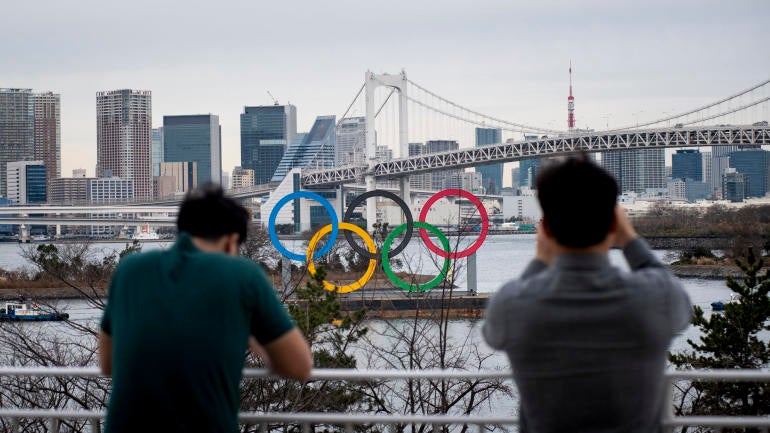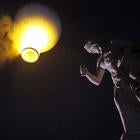
The fate of the 2020 Olympic Games in Tokyo could be officially decided as late as May, according to Dick Pound, an IOC member since 1978. Pound told the Associated Press that he estimated the organization needed a three-month window to decide whether the danger of the coronavirus outbreak was enough to call off the event entirely. He noted that that window could be stretched to just two months if need be.
"You could certainly go to two months out if you had to," Pound told the AP in an exclusive interview. "A lot of things have to start happening. You've got to start ramping up your security, your food, the Olympic Village, the hotels, The media folks will be in there building their studios. This is the new war and you have to face it. In and around that time, I'd say folks are going to have to ask: 'Is this under sufficient control that we can be confident about going to Tokyo, or not?'"
The report of Pound's interview notes that the member was not alarmist with his comments, but he was simply blunt about them. He's encouraging over Olympic and Paralympic athletes to continue with their training.
Pound was also sure to mention that many of the suggested alternatives are not as good of an idea as they may immediately seem. Moving the Olympics to another city would be difficult, as not many cities around the world could handle the size and scale on short notice Dispersing events throughout different venues would lose the feel of the Olympics, per Pound, and would feel more like a cluster of world championships.
A delay of a couple of months would cause issues as well. Some athletes are employed in professional leagues that begin in the fall. Also, a year-long delay would force Tokyo to hold onto a cost of anywhere between $12.6 and $25.2 billion for that period of time without any kind of reimbursement. Furthermore, that would require planning around an already set international schedule, and forcing American broadcasters -- broadcasting rights make up 73% of the IOC's $5.7 billion income in a four-year Olympic cycle -- to put the events around their other major sports.
"You just don't postpone something on the size and scale of the Olympics," Pound said "There's so many moving parts, so many countries and different seasons, and competitive seasons, and television seasons. You can't just say, we'll do it in October."
If the Olympics are fully cancelled, there is an emergency insurance fund of $1 billion for organizations that need revenue from the Olympics to survive -- that apparently includes the IOC itself.
Coronavirus has been spotted in clusters throughout the Middle East and Europe, though the epidemic began in the Chinese city of Wuhan -- where 68 of the country's 71 most recent deaths have occurred. In total, China has seen 77,658 cases and 2,663 deaths from the virus, and South Korea has seen 977 cases and 10 deaths. Four deaths have been reported in Japan. This virus will not be life-threatening to most people who get infected, as Harvard epidemiology professor Marc Lipsitch told the Atlantic that among the people who will catch the virus, "It's likely that many will have mild disease, or may be asymptomatic."















